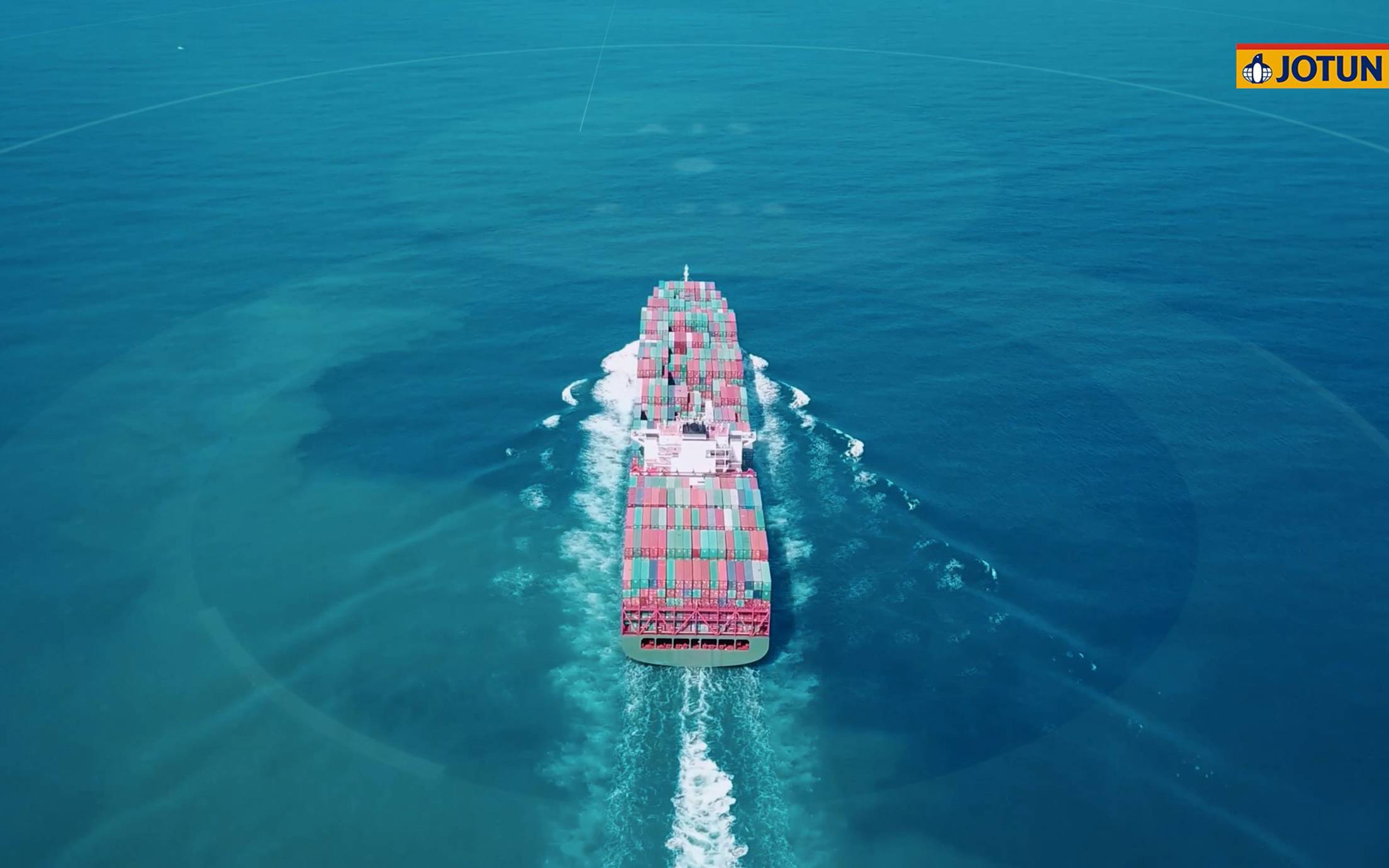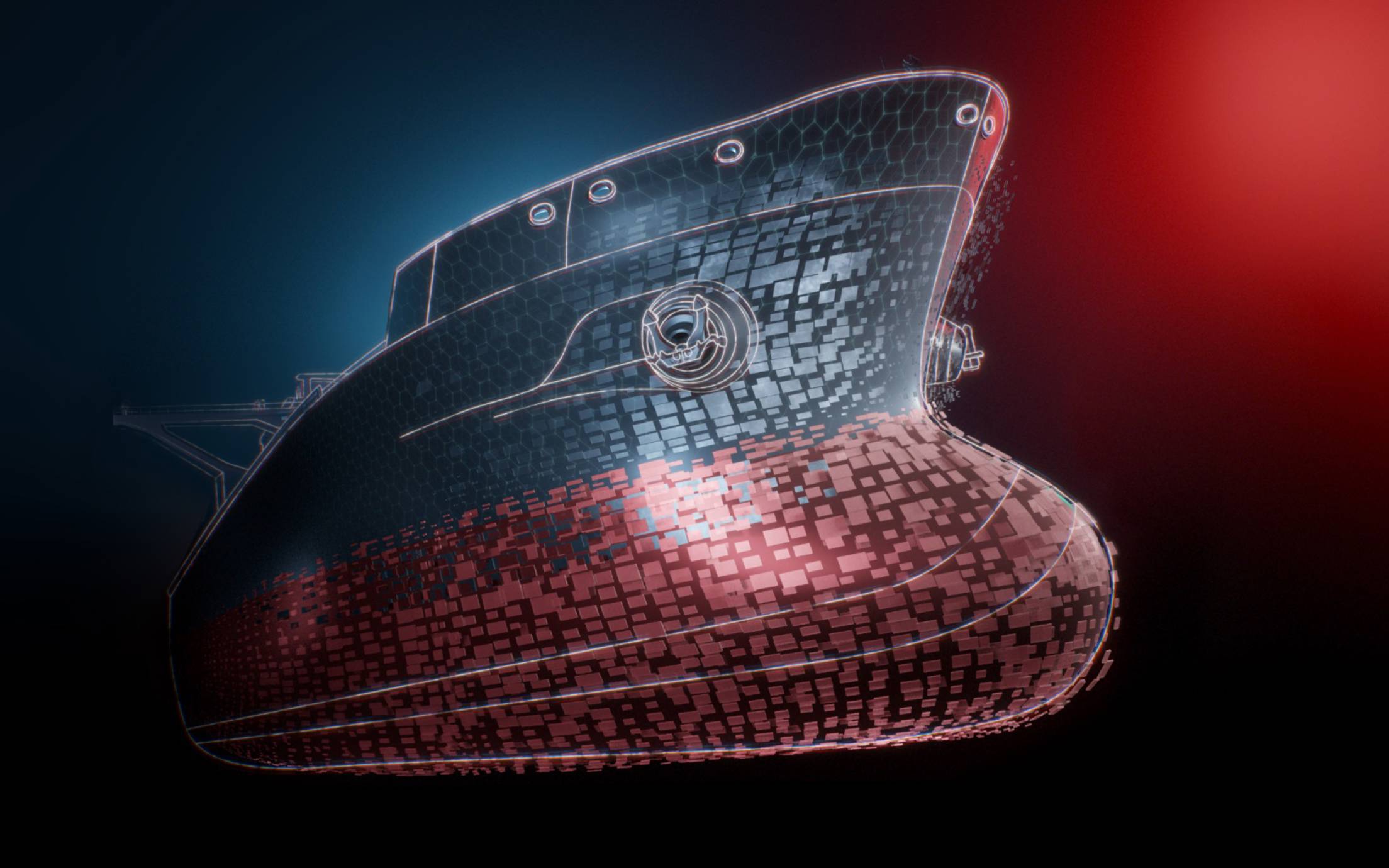
Take hull control: optimise your hull performance coatings
Ship operators often need to make decisions based on information that may rapidly become outdated. One such decision is the choice of coating.

Both decarbonisation and biofouling are regulars on the International Maritime Organisation (IMO) agenda and there is growing pressure from inside and outside the industry to focus more on environmental and efficiency matters. Efficiency is in any case something that ship owners know a lot about and in an increasingly competitive environment, something they cannot afford to ignore.
There is no shortage of good advice and products from across the industry encouraging ship operators to embrace new technology. When it comes to coatings, historically operators have been offered a good choice of products but sometimes choosing the right product from the many has not been easy, or out of their control.
More to the point, beyond their own experience with different products, owners have had little else to aid in their choice. Some of that changed in 2016 with the introduction of ISO 19030, a performance monitoring standard developed by industry stakeholders and led by Jotun and the Bellona Foundation. Although this was a collaborative effort aimed at helping ship operators understand how to monitor and measure performance, it was not all new research but built to a large extent on previous offerings by Jotun such as its Hull Performance Solutions (HPS) established a decade ago in 2011.
With over a decade of market-proven operation and applications on more than 1000 vessels, HPS’ combination of silyl methacrylate-based coating technology, high-end technical service and performance monitoring has recorded success in keeping vessel speed loss as low as 1%, versus the market average of 5.9% (over a standard five-year drydocking period). This translates to a fuel saving of 14.7%, delivering powerful commercial and environmental gains.
Shortly after HPS was launched Jotun developed its own Voyager software tool and began assimilating data from a variety of sources to enhance its effectiveness. The data concerned covered ship types, trade areas, seawater temperatures and more recently AIS data allowing ship speed to be added into the equation. Much of the data used was from Jotun’s own in-house development projects which it had been using for some time to assist in new product development and which predated HPS. Using the data, Jotun could formulate products better suited to ships’ operational parameters and therefore better able to resist fouling.
In addition to collecting data on performance, Jotun has also been using ROVs to inspect fouling accumulation over a long period. It started in South-Korea in 2015 and since then more than 700 surveys have been carried out.
With such a long-term background in performance monitoring and ROV use it can be seen that innovative as it is, the release of Jotun Hull Skating Solutions in March 2020 was not a ‘sudden lightbulb moment’. Rather it was a logical outcome of a pioneering company thinking of itself as not so much of a paint and coatings manufacturer, but of a product and service provider that believes digital solutions and new technology pave the way for more sustainable shipping.
To deliver that, there is a world-wide network of data analysts and oceanography experts as well as a world-wide inspection service network that undertakes some 4,000 drydock inspections annually, in addition to newbuilding and onboard services.
The development and introduction of HullKeeper is a further example of this way of thinking. HullKeeper will help operators to make better decisions faster, and get the most out of their chosen coating, even if changed circumstances in operation make it no longer the best choice for the ship.
Certainly, identifying and tackling fouling before it has a chance to take hold will improve the operator’s bottom line and mark them out as one who is acting for cleaner greener shipping.

Ship operators often need to make decisions based on information that may rapidly become outdated. One such decision is the choice of coating.

There is growing pressure on the shipping industry to address sustainability issues. We try to make a positive difference by developing products and services that help our customers meet the new demands.

Jotun HullKeeper can help ship owners take hull control by enabling better decisions faster to maintain hull efficiency and environmental performance while also saving costs.
A video is being shown
An image is being displayed
A brochure is being displayed